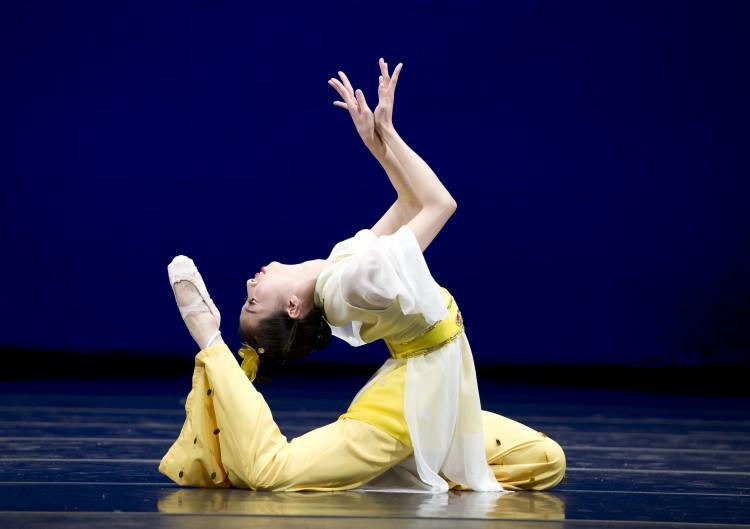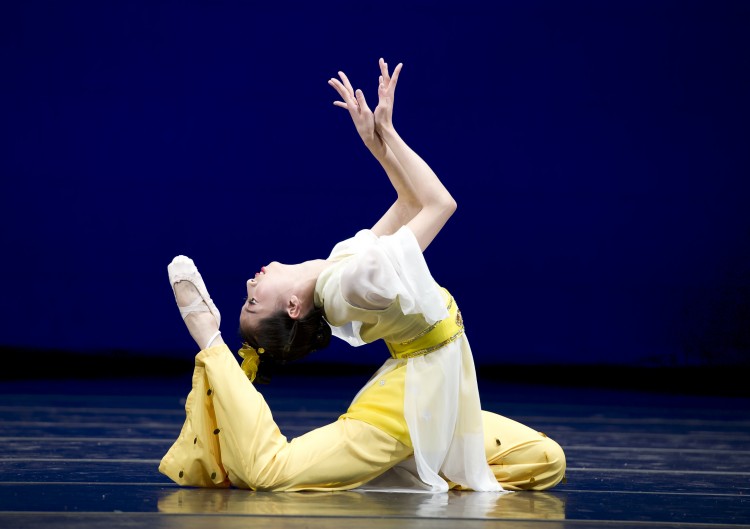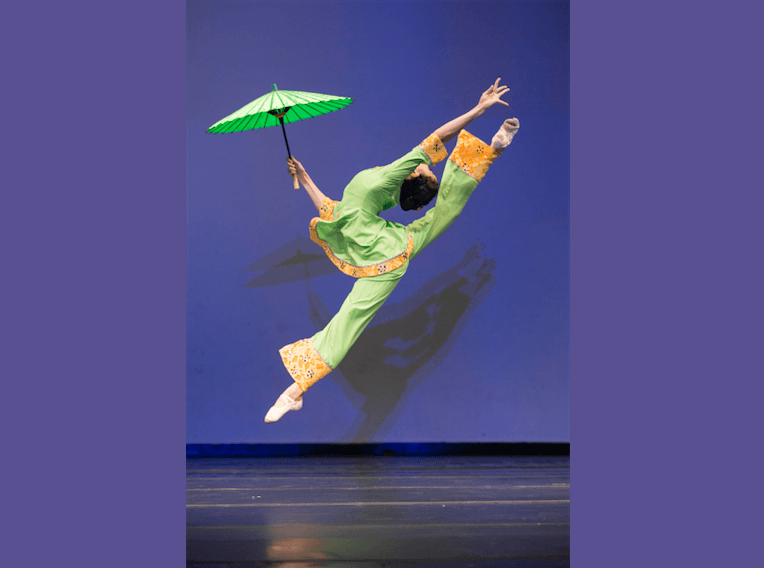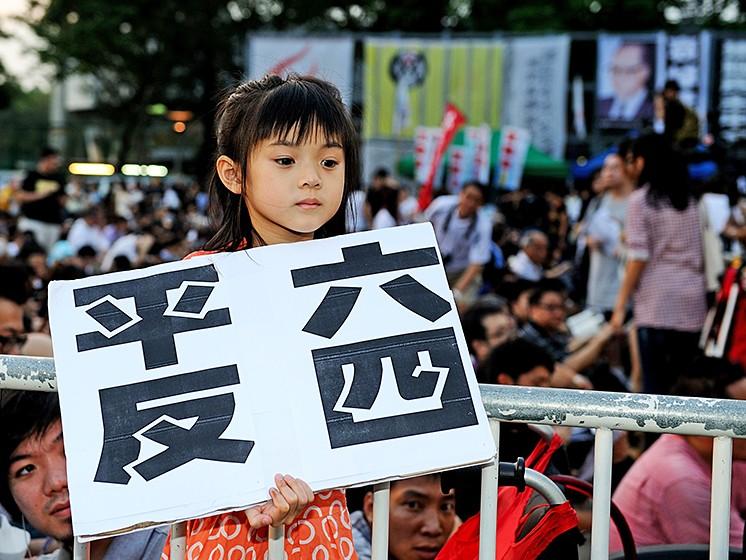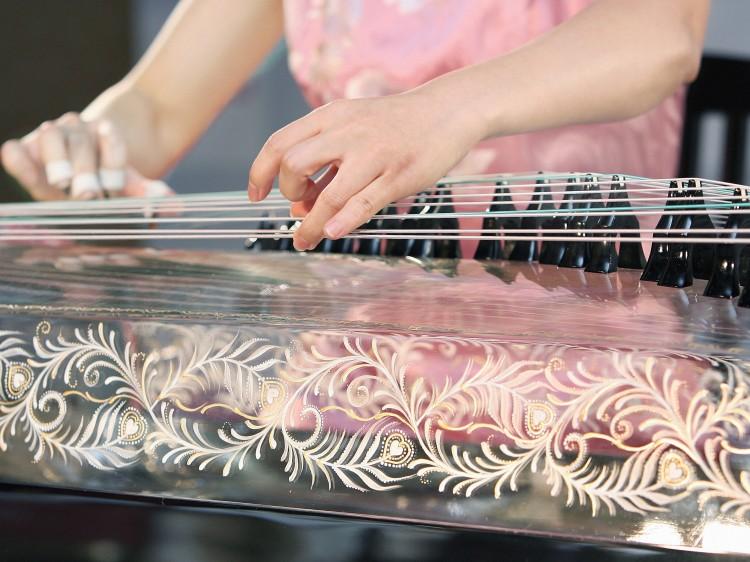Official Chinese propaganda has in recent years attempted to focus on arts and culture as a means of getting out the Communist Party’s official message. But it seems performers are only encouraged in that direction if it fits the Party line.
In China, potential participants in New Tang Dynasty Television’s (NTD) International Classical Chinese Dance Competition were threatened, sometimes harshly, by Chinese officials and told not to join that competition.
NTD is a New York-based, primarily Chinese-language broadcaster that Beijing considers a threat due to its bold reportage on human rights issues in China. The dance competition is one in a series of competitions, including cooking, painting, and singing, that the television station runs to promote traditional Chinese arts.
According to Lijuan Ma, director of NTD’s competition series, Chinese security officials told potential contestants in the dance competition in China that they would not receive travel documents to participate in the event to be held in Hong Kong and New York.
“We have also had feedback from dance schools that have been ordered to tell students not to come to our competition. Some of those who registered with us were told that if they participated, they would be expelled from school and no longer able to have a dance career in China,” Ma said.
The commands came from the Political and Legislative Affairs Committee (PLAC), a powerful security apparatus that oversees all legal enforcement in China, according to Ma. It is the job of the PLAC to suppress dissidents and shut down anything that may be considered politically sensitive.
John Lenczowski, founder and president of the Institute of World Politics, a private graduate school in Washington D.C., indicated in an interview that control of culture is important for communist parties.
“I believe that communist regimes have an abiding interest in trying to control the identity of their people, and they do this by erasing important elements of a country’s history and culture, in order to remake that identity, and it is the reshaping of that identity which is ultimately designed to control the people, and to eliminate any potential threat to the party’s rule,” he said in an interview.
NTD’s competitions are meant to revive and preserve traditional Chinese culture, the fine arts and classical music, according to its website. Chinese authorities have attempted repeatedly to interfere with station’s events, including by refusing visas to chefs from China that had registered to compete in NTD’s culinary competition in 2010 and 2011.
NTD’s International Classical Chinese Dance Competition is in its fifth year.
The winner of the inaugural competition in 2007, Chen Yongjia, gave an indication of why the regime may oppose the event. Chen said that in his view, the communist regime’s attack on spirituality and traditional culture have distorted the essence of Chinese culture.
“Especially after the Cultural Revolution, on the surface it appeared to be classical Chinese dance, but it did not contain any of the same traditional meanings or connotations. It was for the sake of singing the praises of the CCP and the Party’s culture,” Chen said in an interview. “It was exaggerated, hollow, and carried an air of murder from the revolution.”
NTD’s competitions present Chinese culture independent of the regime’s influence, according to Ma, implicitly undermining the legitimacy of the Party’s cultural propaganda; she says this is why the Party attempts to interfere with them.
Dance educator Guo Xiu, who chairs the judging panel for NTD’s dance competition, said that some Chinese dancers in the mainland refuse to compromise on their art for the sake of a career—but they have no the space to exercise their creativity in China.
Read the original Chinese article.
The Epoch Times publishes in 35 countries and in 19 languages. Subscribe to our e-newsletter.
